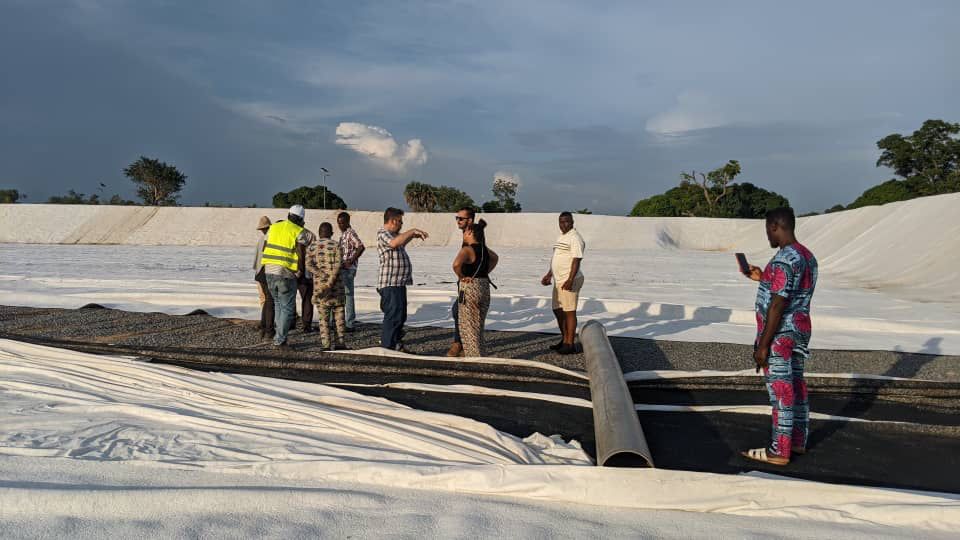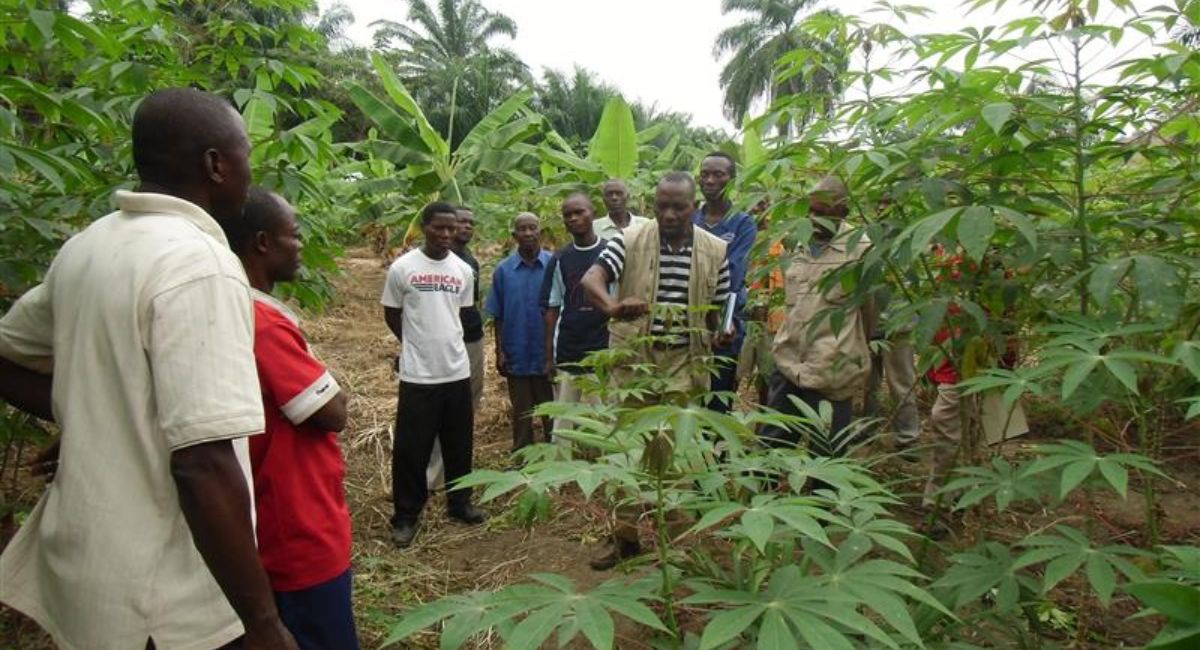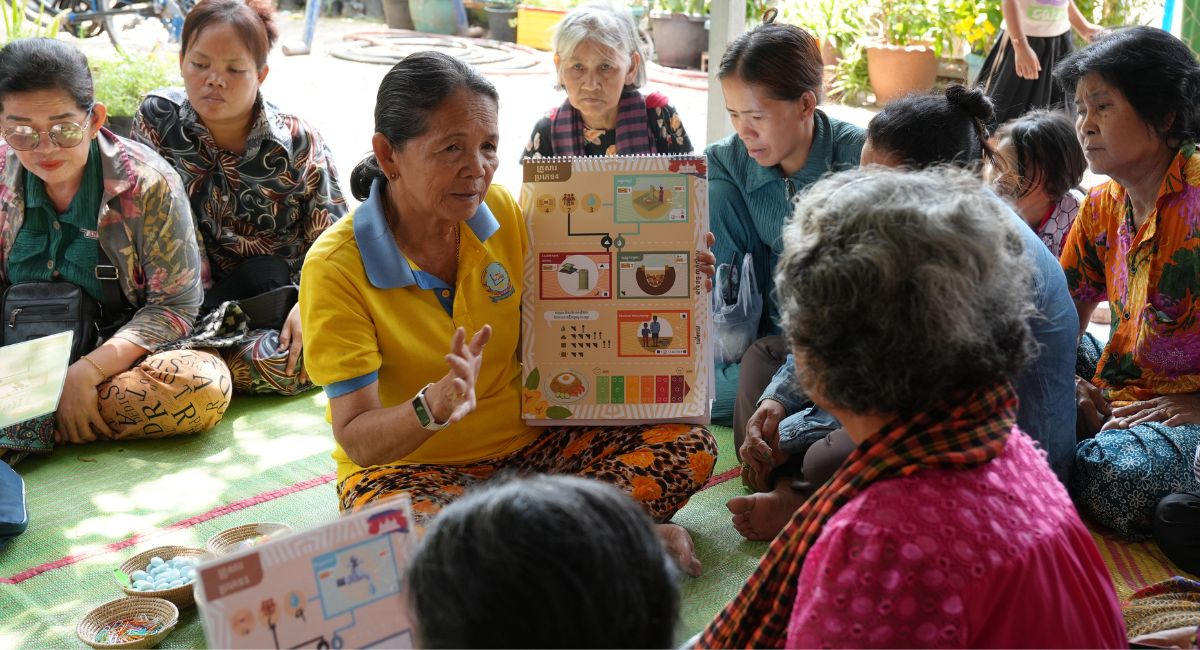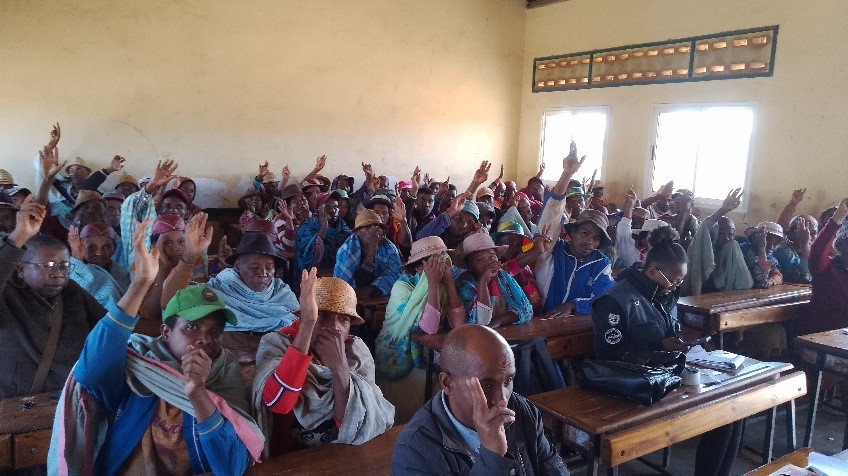In Togo, cities are faced with growing waste management problems generating degradation of the environment and exposing inhabitants to major health risks. With the 2019 law on decentralisation, responsibility for waste management was transferred to communes, which are now on the front line regarding actions to be undertaken to meet these challenges. In order to support them in their implementation of effective waste management and sanitation services in line with the population’s expectations, the EU-funded Gedec project was launched. The Gedec team in Togo, coordinated by Expertise France, called upon GRET for technical assistance on project management, and Entrepreneurs du monde for support to strengthen private stakeholders. The project activities are being conducted in the five regional capitals of Togo: Atakpamé (Ogou 1), Dapaong (Tône 1), Kara (Kozah 1), Sokodé (Tchaoudjo 1) and Tsévié (Zio 1).
A project to consolidate previous work
In 2015, significant infrastructure such as transfer sites, landfill centres and sludge treatment plants – to name but a few – were funded by the European Union as part of the Water and sanitation (PEAT) projects. In order to valorise these investments and make them sustainable, the Gedec project is now supporting communes to develop and implement a strategy to define and roll out services suited to the population’s needs. It also intends to prepare the autonomy of municipal teams to develop solid and liquid sanitation management services.
Multiple challenges
Without an effective waste management service, urban populations are obliged to manage their own solid waste and liquid waste (sludge). Solid waste is often burned, creating smoke that is toxic for human health and for the environment, buried or disposed of directly in nature, leading to soil and water pollution. Illegal dumping is also proliferating, attracting animals and insects that carry diseases, with seepage of contaminated liquids (leachate) in soils, or methane emissions, due to the presence of organic waste.
In the absence of effective systems to manage sludge treatment, the latter is often disposed of near housing or waterways, generating significant risks for human health, via the transmission of diseases from excreta, and water pollution.
“In this context, the implementation of effective sanitation services and their efficient management will make it possible to address significant health problems and limit the impact on the environment, in order, ultimately, to improve populations’ living conditions over the long term”, says Julien Garnier, GRET’s representative in Togo.
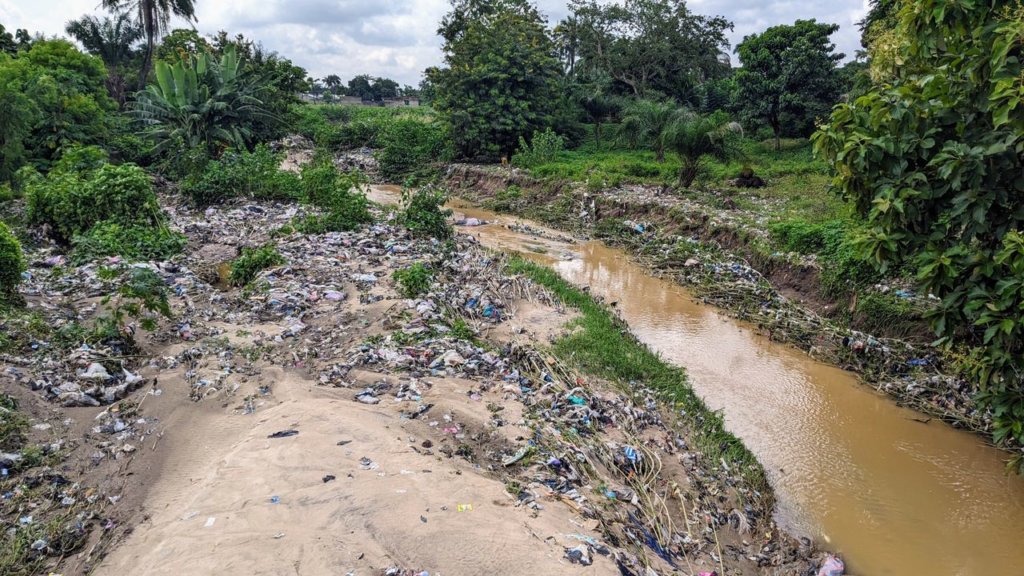
Official launch and missions in the field
Formally launched on 13 June 2023 in Lomé, under the auspices of the Minister for State in charge of territorial administration, decentralisation and regional development, the project began operating with a series of missions in the field.
Primarily, the objective was to localise and visit infrastructure that had already been developed as part of the PEAT projects, to meet with local stakeholders to gain an indepth understanding of territorial issues and specificities in each commune, and – together with territorial stakeholders – to begin thinking about starting up operation of facilities. “It is urgent to rapidly begin operating facilities, in order to meet populations’ expectations”, explains Cassandre Foisnet, deputy project manager with GRET. “This test phase must also make it possible to feed into and refine strategic orientations in communes for waste and sanitation management, by identifying best practices and discussing them with all the stakeholders concerned”.
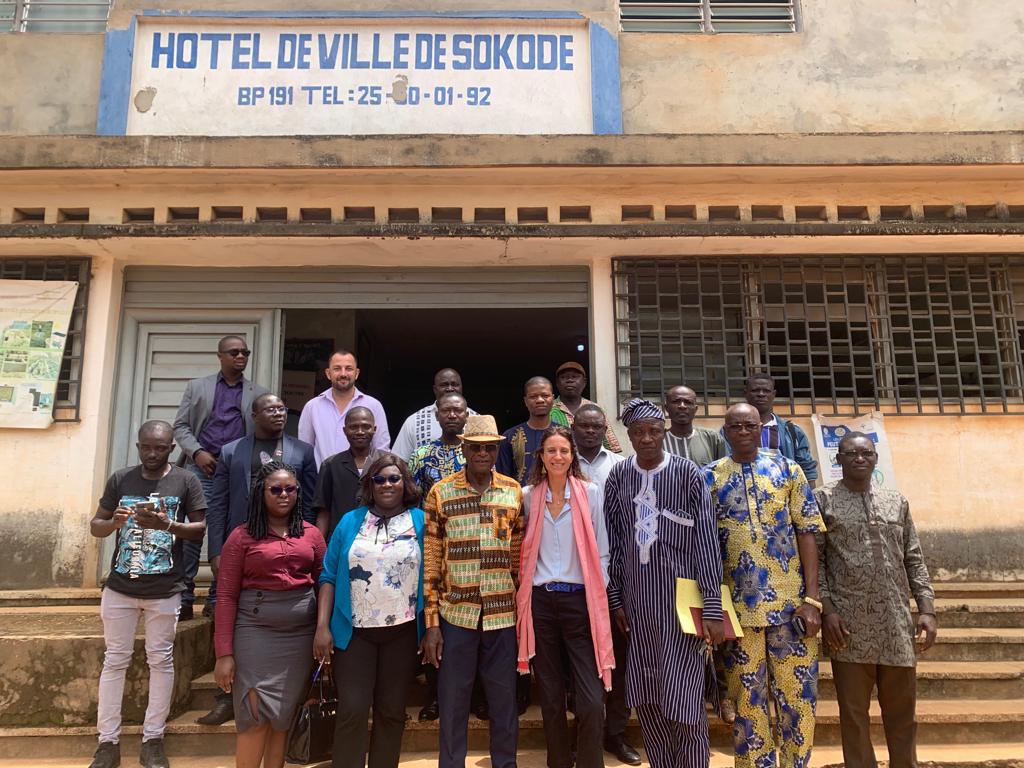
This project is funded by the European Union. The content of this article is the sole responsibility of GRET, and can in no way be considered to reflect the point of view of its financial partner.

